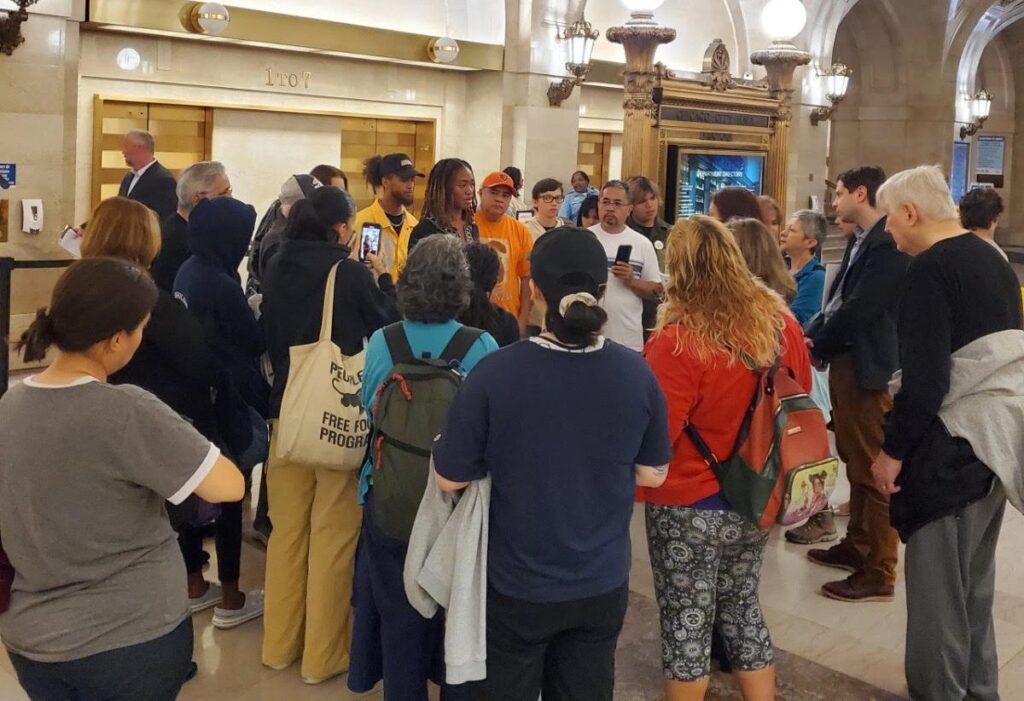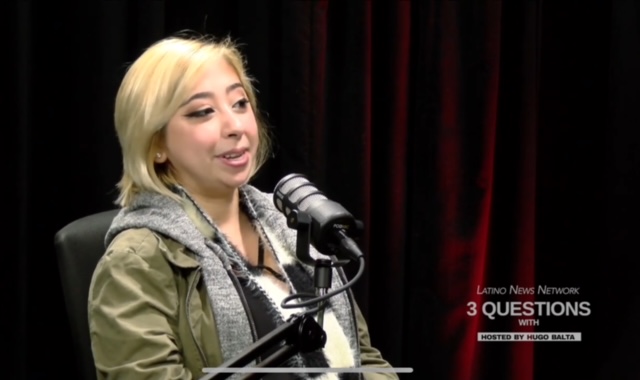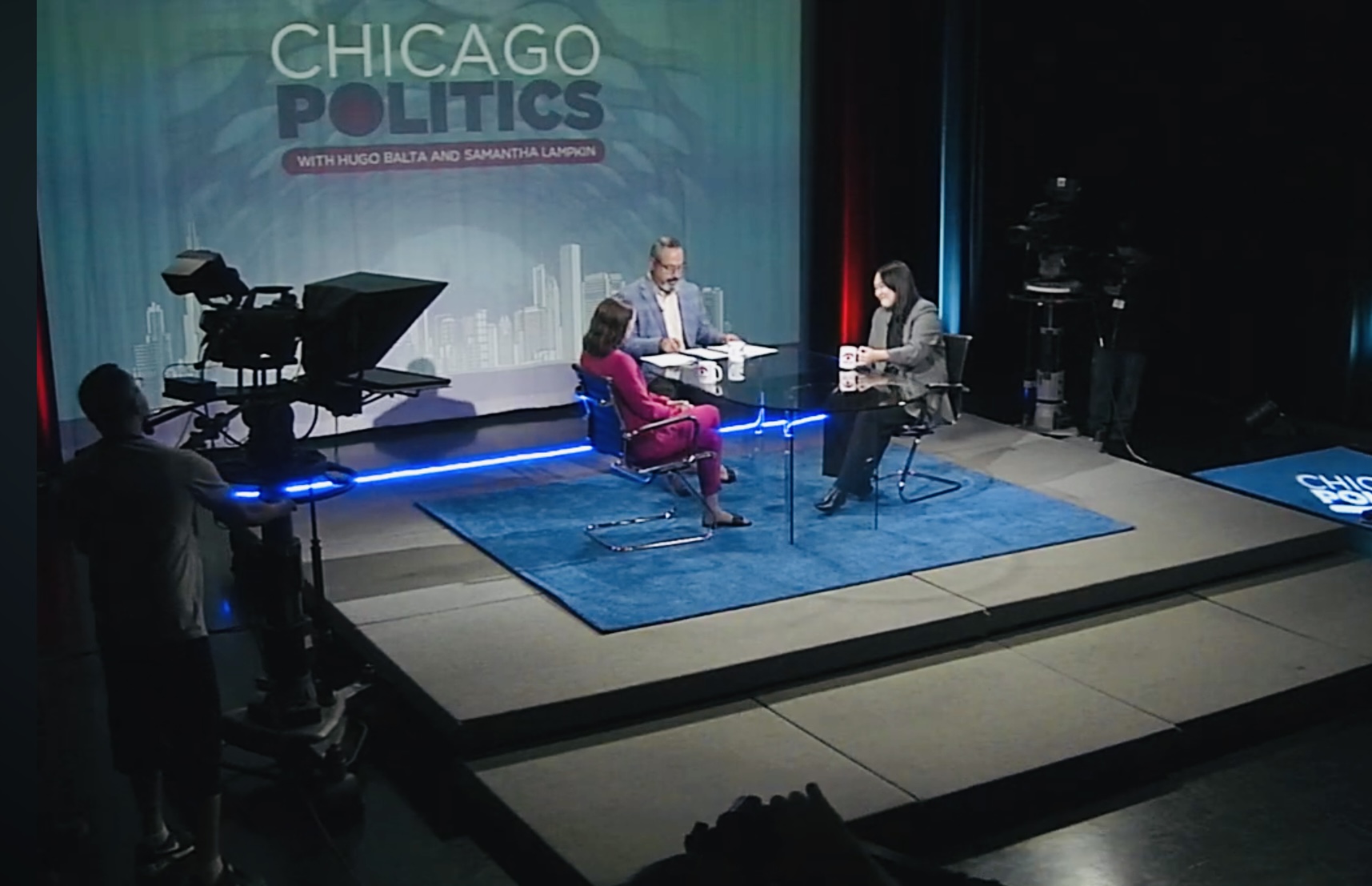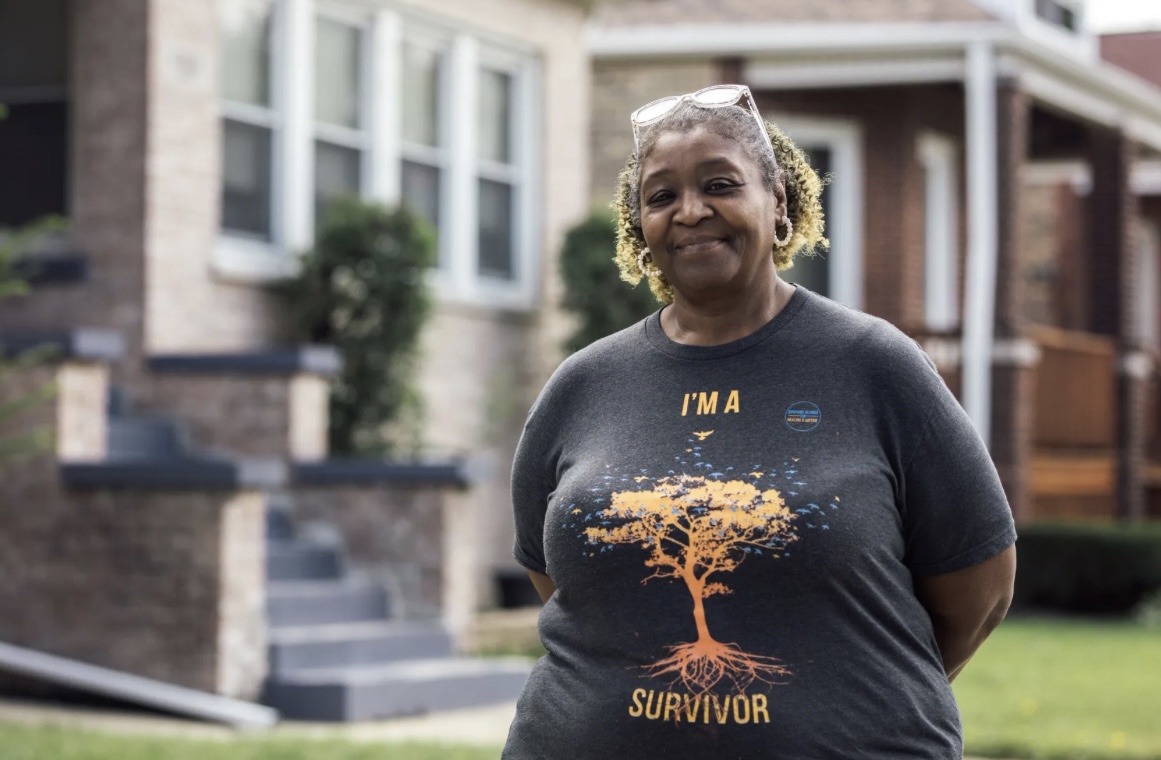At a time when we’re seeing climate change causing record-breaking heat, massive droughts in some areas, and extreme floods in others, it’s never been more critical to evaluate the responses to these environmental crises.
Residential and commercial buildings that burn fossil fuels, such as gas and propane, to power heating and cooking are by far the largest source of greenhouse gas emissions. In Chicago, these buildings are responsible for most of the city’s carbon pollution.
The most vulnerable, communities of color, struggle to have a seat at the table in the discussion and debate to remove these emissions from their buildings and ultimately make them healthier to live in.
Addressing the public health and climate crisis is the Southeast Environmental Task Force.
Yessenia Balcazar, Senior Resilient Community Planning Manager with SETF, was a guest on the program “3 Questions With…” hosted by Hugo Balta, publisher of IL Latino News.
Balcazar spoke about SETF’s mission to promote environmental justice for marginalized communities at the policy level. “We’re always putting out these fires,” she said about the organization’s work. “In order to tackle a systemic problem, it takes a whole lot of work.” SETF has supported the “Deny the Permit” campaign to keep a controversial Southeast Side metal scrapper closed.
In October, Cook County Circuit Court Judge Allen Walker overturned a June ruling from administrative law judge Mitchell Ex that Reserve Management Group met the requirements for a permit to operate Southside Recycling (11600 S. Burley Ave.).
With the support of former mayors Rahm Emanuel and Lori Lightfoot, $80 million was spent on building the East Side facility. However, newly elected Mayor Brandon Johnson, who campaigned on a platform promising to end “literal sacrifice zones,” opposes Southside Recycling.
In September, Mayor Johnson’s administration completed a baseline report, the Cumulative Impact Assessment (CIA), in compliance with Chicago’s Environmental Justice Executive Order and an agreement with the U.S. Department of Housing and Urban Development (HUD).
While the CIA is the first in Chicago, activists remain wary of where the study is headed. Many expressed their support of the CIA but feared it would not be enough.
SUGGESTION: From One Mayor To The Next: Polluted Communities Still Dealing With Life And Death

A South Sider, Balcazar, shared how her lived experiences influence the work she leads. “It made me angry,” she said about learning as a student how the decisions by the government made her predominately Black and Latino community into an environmental justice neighborhood, bearing the burden of pollution. “No, that’s not ok. Why don’t we deserve more?”
“3 Questions With…” is co-produced by the Latino News Network (LNN) and CAN TV, Chicago’s hub for community-centric news, hyperlocal stories, and educational resources.




